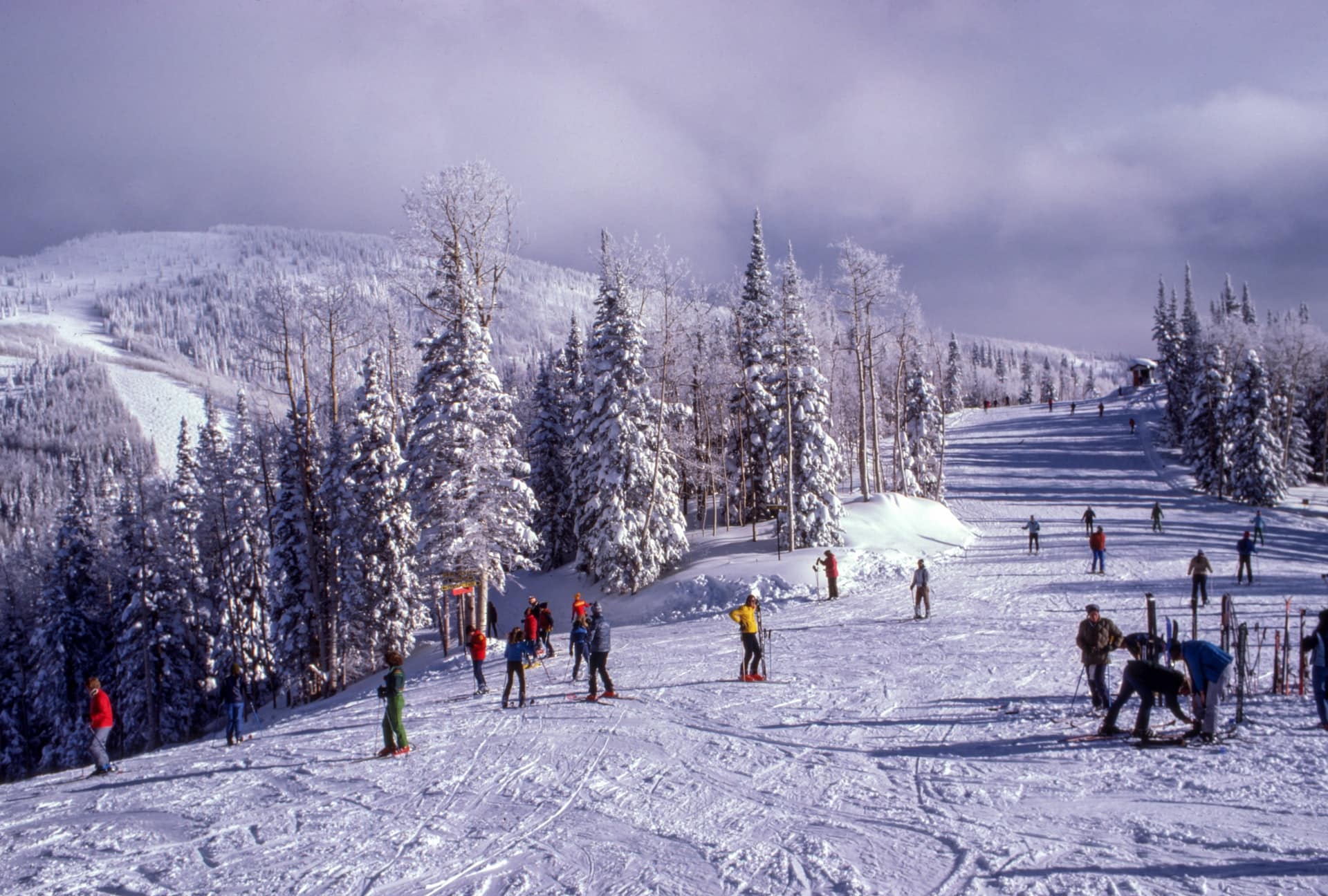With the ski resorts now open again for another season, many skiers and snowboarders are flocking to the mountains. As with practically any sport or recreational activity, there is a risk of injury. Unfortunately, ski and snowboard accidents can sometimes result in serious, catastrophic injuries or fatalities.
Can someone else be held liable if you are injured in an accident at a ski resort and you’re not at fault? This article looks at avoiding ski and snowboard accidents, what you can do if you are injured, and the prospects of bringing a personal injury claim.
Safety tips for fun on the slopes
When hitting the slopes, it is important to comply with the Alpine Responsibility Code. Understanding and following this code will reduce, although not eliminate, the chances of getting injured in an accident.
Skiers and snowboarders should:
- give way to skiers and riders ahead of them;
- make sure they are visible from above and avoid stopping in a position that obstructs a trail;
- look uphill and give way to others before setting off or merging onto a trail;
- use proper devices to prevent runaway equipment;
- obey all signs and warnings, for example, by avoiding closed trails and areas;
- not participate if their ability is impaired by alcohol or drug use; and
- make sure they know how to use the lifts safely.
Wearing a correctly fitting helmet is an important measure that you can take to reduce the chance of head injuries, such as traumatic brain injuries.
What should you do if you are injured in an accident?
If you are injured in an accident, you should remain at the scene and identify yourself to the ski patrol service. Someone may need to vertically cross your skis in the snow up the hill to prevent others from colliding into you.
If it is possible and safe to do so, you or someone with you should:
- exchange information with anyone else involved in the accident; and
- document the injuries by taking photos of the injury, the equipment and the scene.
The more details you can collect and provide to your lawyer, the easier it will be to assess your claim.
Is the ski resort potentially liable for your injury?
While ski area operators are occupiers with responsibilities under the Occupiers’ Liability Act (OLA), it is probable that you signed or were otherwise subject to a waiver of liability.
Occupiers of premises owe a duty of care to visitors
Ski resort operators are occupiers of premises under the OLA. Under section 5, occupiers owe a duty to every visitor on their premises to take such care as is reasonable in the circumstances to see that they will be reasonably safe in using the premises.
However, this is subject to qualifications. According to the OLA, an occupier is not under an obligation in respect of risks willingly accepted by the visitor. Importantly in the context of ski resorts, the OLA also states that liability may be restricted, modified or excluded by express agreement or express notice but that this cannot be effected unless reasonable steps were taken to bring it to the attention of the visitor.
Skiers and snowboarders likely signed a waiver before using the ski resort
The use of ski area premises normally requires completing a waiver. As a condition of using the premises, you were probably made to sign a waiver confirming that you are assuming all risk of personal injury and death resulting from any cause, including negligence on the part of the resort. Signing such a waiver may mean that the ski resort operator cannot be held liable for injuries that you sustain on the mountain.
The Supreme Court of Canada, in the 2010 case of Tercon Contractors Ltd. v British Columbia (Transportation and Highways), explained that for a waiver of liability to be effective in preventing a claim, it must:
- apply to the circumstances of the injury, for example, be drafted in broad enough terms to exclude liability for negligence;
- not be unconscionable; and
- not be otherwise invalid, for example, due to the existence of an overriding public policy that outweighs the public interest in the enforcement of contracts.
As such, it may constitute a high bar to displace a waiver. For example, to prove unconscionability, courts require proof of unequal bargaining power between the parties and an improvident bargain, which refers to undue advantage or substantial unfairness.
Whether a waiver of liability is sufficient to absolve, the ski resort of liability depends on the circumstances, including the specific terms of the waiver and whether it was brought to the attention of the skier or rider.
Could you have a claim against someone else?
This also depends on the circumstances of the accident. A waiver of liability obtained by the ski resort operator does not necessarily prevent a claim from being brought against other people that have negligently caused you harm on the mountain.
For example, if someone else has engaged in negligence on the mountain, and this has caused you to suffer an injury, it may be possible for you to bring a claim against that person. Prospects are fact specific, and you are likely to need advice from a personal injury lawyer on your circumstances.
Contact the Personal Injury Lawyers at Cuming & Gillespie LLP for Advice on Recreational Accidents
At Cuming & Gillespie LLP, we understand that skiing and snowboarding accidents can have disastrous ramifications for those seriously injured. Given the probable existence of a waiver, we will look at your accident case from all angles to determine what approach to take. When you hire the award-winning lawyers at Cuming & Gillespie LLP, you can be comfortable knowing that your claim is in the best hands. Call us today at 403-571-0555 or contact us online to book an appointment for a free consultation.

